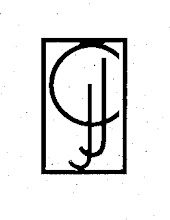 emember that song from an era gone by? It lodged in my brain recently when I noticed some signs in need of an editor's touch.
emember that song from an era gone by? It lodged in my brain recently when I noticed some signs in need of an editor's touch."Please Do Not Park on Dunkin' Donuts" the placard warned from the building next door to the parking lot. Of course, anyone could easily deduce that the parking lot belonged to the Dunkin' Donuts franchise facing it and that parking there was reserved for DD customers. But that's not what the sign SAYS. Arguably, as long as I don't crush a donut, I can park in the lot and shop at the adjacent store.
This kind of imprecise language gets us in trouble in contractual matters, business negotiations, even friendships.
Here's another parking lot sign: "This parking lot is reserved for patients, visitors, physicians, and employees of XYZ Care Facility!"
What's wrong with the sentence? (Don't bother answering if you're an anti-exclamation point activist.) Nothing, as far as a proofreader is concerned. The problem surfaces only if you know something about the facility. And this is where a good editor can save the day. Patients at this facility typically arrive in an ambulance, stay for a lengthy period, and leave accompanied by friends or family. Patients don't drive there. So the comma following "patients" should be replaced by an apostrophe. Or better yet, "patients" should be omitted.
For many of us, what we mean is frequently (and unintentionally) not what we say or write. And it's the genesis of plenty of misunderstandings and misguided actions.
"Signs, Signs, Everywhere Are Signs . . ." Is that cloying tune lodged in your head yet?



No comments:
Post a Comment